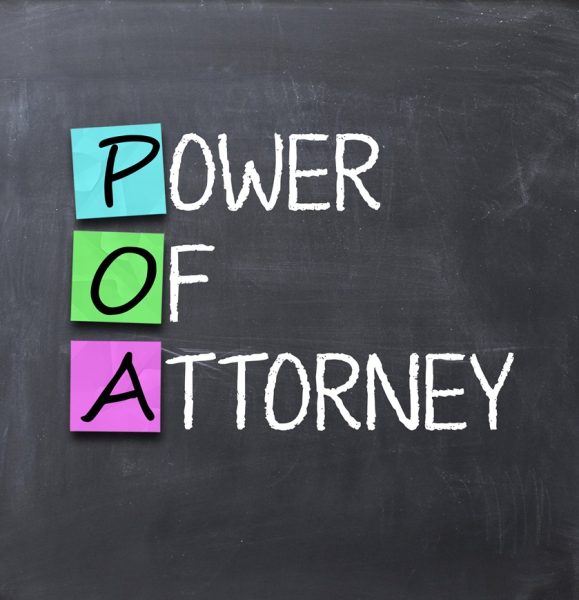 A power of attorney, or POA, is a document that allows you to authorize another person to make decisions on your behalf. In this case, you are called the principal, the one granting authority. The person whom you grant authority to is called the agent or attorney-in-fact.
A power of attorney, or POA, is a document that allows you to authorize another person to make decisions on your behalf. In this case, you are called the principal, the one granting authority. The person whom you grant authority to is called the agent or attorney-in-fact.
You can grant several powers to your attorney-in-fact. You can allow them to buy, sell, or rent any of your residential or commercial property. You can give them authority to manage your businesses and handle transactions for you. An agent can also be authorized to tackle your taxes or insurance policies. There is a wide range of personal transactions that you can allow your agent to handle when you’re unable to do them yourself.
But can you change or revoke a POA?
As a matter of fact, you can. You, the principal, can modify the power of attorney to add or remove terms or appoint a new agent. You can also revoke it completely if you desire. An important requirement for changing or revoking your POA is mental fitness. If you’re mentally unable to make sound decisions, you will be unable to rescind your power of attorney.
Only the principal or the court can revoke the power of attorney. The attorney-in-fact cannot relinquish his or her authority to another person. However, the court can intervene in special cases. For instance, if your father is already cognitively impaired and his attorney-in-fact has become unreliable, you can challenge the authority of the latter in court. If the court sees that the agent indeed has stopped working for the benefit of your father, then it can revoke the POA.
The following are situations in which changing or revoking a power of attorney may be necessary:
- You don’t trust your attorney-in-fact anymore. If for some reason you think your attorney is no longer trustworthy, that’s enough reason for you, the principal, to appoint a new one.
- You simply changed your mind. Perhaps, the current agent is doing just fine, but you found a more fitting person who you think can make better decisions while you’re away. You may update your documents accordingly.
- Things in your life have changed. When your health or financial situation changes, your current power of attorney may become incapable of dealing with your present circumstances. You may need to update the terms of the document.
- Your attorney-in-fact is no longer available. Maybe he or she went missing or doesn’t return your calls. Maybe your agent fell seriously ill, or perhaps you received news that he or she passed away. In any of these cases, you can revoke their powers and appoint another agent to take their place.
Now, let’s talk about how you can change or cancel your power of attorney. The process for either is the same because even if you just want to change something in the legal document, you will have to revoke the old one and create a new instrument. The process can be outlined in 4 steps:
- Revoke the existing power of attorney. You’ll need to fill out a formal revocation form which then cancels the authority given to your current agent.
- Prepare a new POA. At this point, you should be certain about what needs to be changed. You’ll then name the person or persons you want to be your attorney(s)-in-fact and specify the transactions that you’re authorizing them to handle. In most states, your new POA should be notarized.
- Notify your agents or attorneys-in-fact that you’ve had their powers revoked. Your previous agents as well as interested parties (e.g. banks, investment firms, and credit unions) should receive the notice of revocation.
- Send a copy of the new POA to your new agents and your financial institutions.
Do you need legal help changing or rescinding a power of attorney? Call our Brandon estate planning law firm at (813) 438-8503 to schedule a consultation.
